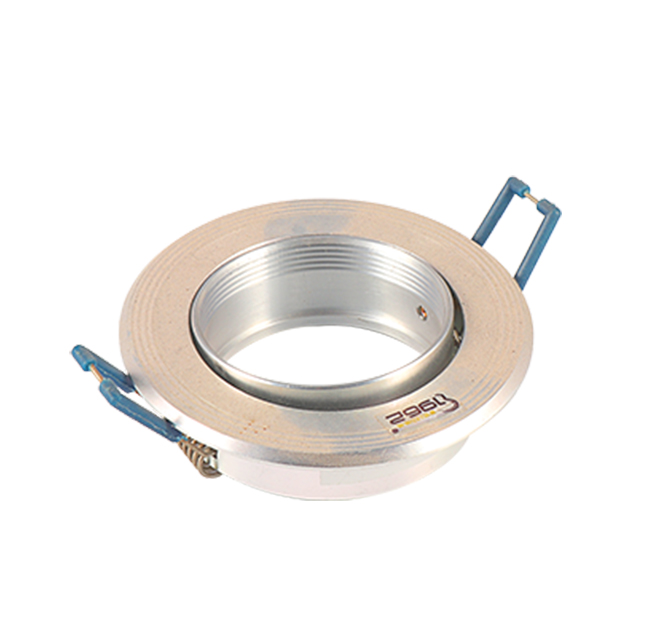Time:2025-06-25 Views:0 source:CNC Machining customization source:CNC Machining news

The toy industry is subject to stringent safety standards to ensure that products are safe for children to use. CNC (Computer Numerical Control) technology plays a crucial role in the precision manufacturing of plastic molds for toys, ensuring that the final products meet these rigorous requirements. The safety standards for toy CNC plastic mold processing encompass several key areas, including material selection, design, and production processes.
Material selection is a critical first step in ensuring toy safety. Plastics used in toy manufacturing must be non-toxic and free from harmful substances such as phthalates, lead, and heavy metals. Commonly used materials include polyethylene (PE), polypropylene (PP), and acrylonitrile butadiene styrene (ABS), all of which are known for their safety and durability. These materials must also comply with international safety standards such as ASTM F963 (U.S.), EN 71 (Europe), and ISO 8124 (International).
Design is another crucial aspect of toy safety. CNC technology allows for the creation of highly detailed and precise molds, which can help prevent defects that could pose choking hazards or other risks. The design process must take into account factors such as the size and shape of the toy, the presence of small parts, and the potential for sharp edges or points. Computer-aided design (CAD) software is often used to create detailed 3D models of the toy, which can then be tested for safety using virtual simulations.
During the production process, CNC machines ensure that each mold is manufactured to exact specifications, reducing the risk of inconsistencies that could compromise safety. The use of high-precision cutting tools and advanced control systems allows for the creation of molds with tight tolerances, ensuring that the final product meets all safety requirements. Regular quality control checks are also essential to identify and address any issues that may arise during production.
In addition to these technical measures, toy manufacturers must also adhere to strict regulatory requirements. This includes obtaining certifications from recognized bodies such as the Consumer Product Safety Commission (CPSC) in the U.S. or the European Committee for Standardization (CEN) in Europe. These certifications verify that the toys have been tested and found to meet all relevant safety standards.
By integrating CNC technology with a comprehensive approach to safety, toy manufacturers can produce high-quality products that provide both entertainment and peace of mind for parents and caregivers. This commitment to safety not only protects children but also helps to build trust and credibility in the marketplace.
Read recommendations:
Sealing ring Precision electronic parts
Housing components for recessed downlights Precision electronic parts
Oval Magnetic Hardware Precision electronic parts